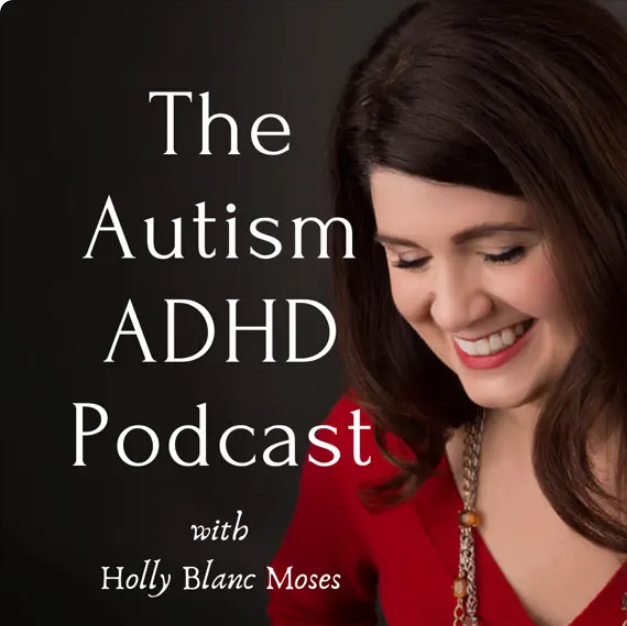Finding Stability After an Autism Diagnosis
 An autism diagnosis can bring denial, confusion, or — in some cases — relief. But in order to move past difficult feelings and provide the right support for your child, you need to create and maintain a stable home environment.
An autism diagnosis can bring denial, confusion, or — in some cases — relief. But in order to move past difficult feelings and provide the right support for your child, you need to create and maintain a stable home environment.
What does stability mean? Children diagnosed with autism appreciate the consistency of routine as it relates to family members and having a daily, predictable program. Unfortunately, many things can sabotage the normal functioning of a family. One of the mnemonics that I came up with when considering stress on this stability is called IHELP2.
Income and finances are important for families dealing with a child on the spectrum. Outcomes are improved when one parent stays home with the child, learning and performing the intensive behavioral therapies. When a family needs two incomes, supports from early intervention and special education become important in providing predictability in daily care. Support groups in the community — a local chapter of the Autism Society of America or Autism Speaks — can assist parents and help in those early days and let you know that you are not alone.
Housing in a stable location, where the child can feel comfortable with his surroundings, alleviates stress and transitional challenges that can undercut behavioral therapy. Unfortunately, this cannot always be controlled because of job relocations, deployments, or marital discord that may cause separation or divorce and the tricky balancing of two households.
An Educational setting, with appropriate services, needs to be agreed upon by the parents and communicated to the school. A school willing to ”collaborate with parents” provides the best scenario. Battling the school to get services causes enormous stress on the family. Therefore, understanding each side’s limitations allows for a happier setting for all. If the school budget cannot give one-on-one support in the classroom for your child, but the school is willing to train new staff members to help several children with autism and provide additional social skills support, this may be a nice compromise.
Language and the ability of your child to communicate directly with you is critical. If your child cannot communicate, his behaviors can deteriorate and weaken the bond between parent and child, further fragmenting a family. Parents can improve their child’s rudimentary language skills by using an iPad with a computer-assisted voice or a picture-exchange communication system that uses photos and a standard sentence strip. But the goal should be the natural flow of language that allows spontaneous social functioning.
Parenting and Psychosocial components are most important in giving stability to a child with autism. Although my son was diagnosed with regressive autism at about age three, I knew he was autistic at 15 months. He is now 20 years old and working at a paying job 20 hours a week. That outcome did not happen by accident or luck, but through gentle insistence and persistence, mixed with some tough love, by everyone in our family, including our two daughters.
Excerpted from “Finding Stability After an Autism Diagnosis” in ADDitude Magazine. For more details, read the full article online.
Source: ADDitude Magazine | Finding Stability After an Autism Diagnosis, https://www.additudemag.com/after-an-autism-diagnosis | Copyright © 1998 – 2022 WebMD LLC
If you have concerns about your child or teen, CHC Care Coordinators can arrange a free 30-minute consultation so you can explore options with an expert. We invite you to call or email us at 650.688.3625 or careteam@chconline.org to set up an initial Parent Consultation appointment. CHC teletherapy services are available now.





